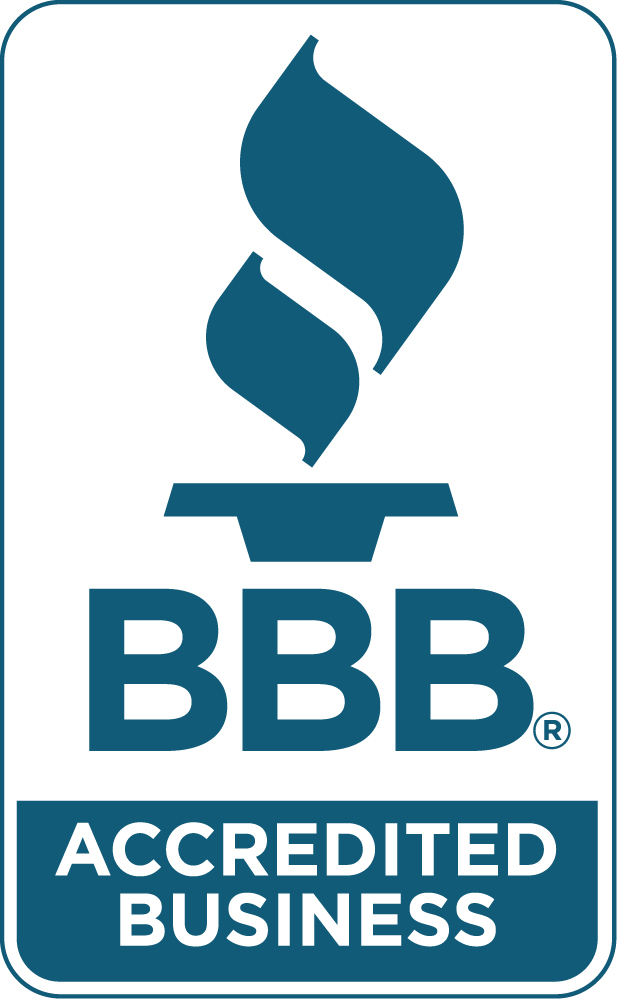Purchasing a home is a significant investment, and understanding its condition is paramount to making an informed decision. Home inspections play a crucial role in this process, offering a comprehensive evaluation of a property’s structural integrity, safety, and overall condition. In this blog post, we’ll delve into the importance of home inspections and why they are a vital step in the home-buying journey.
1. Knowledge is Power
Home inspections empower buyers with essential knowledge about the property they are considering. A qualified home inspector conducts a thorough examination of the home’s major components, including the roof, foundation, plumbing, electrical systems, HVAC, and more. This detailed analysis provides buyers with a comprehensive understanding of the property’s condition, helping them make informed decisions about the purchase.
2. Identifying Potential Issues
One of the primary purposes of a home inspection is to uncover potential issues or defects in the property. From hidden water damage to electrical issues, a professional inspector has the expertise to identify problems that may not be apparent during a casual walkthrough. Uncovering these issues early in the process allows buyers to address concerns with the seller and, if necessary, negotiate repairs or price adjustments.
3. Negotiation Leverage
Armed with the findings from a home inspection, buyers gain negotiation leverage. If significant issues are discovered, buyers can work with the seller to address these concerns before finalizing the deal. This negotiation process may involve repairs, replacements, or financial adjustments to ensure a fair transaction. Home inspections empower buyers to advocate for their interests and make decisions based on a complete understanding of the property’s condition.
4. Budgeting for Repairs
Understanding the condition of a home allows buyers to budget for potential repairs or improvements. A detailed inspection report provides insights into immediate concerns and highlights areas that may need attention in the future. This information is invaluable in creating a realistic budget for home maintenance and renovations, helping buyers plan for the long-term care of their investment.
5. Peace of Mind
For both first-time homebuyers and seasoned investors, a home inspection provides peace of mind. Knowing that a qualified professional has thoroughly assessed the property reduces uncertainty and minimizes the risk of unexpected surprises after the purchase. This peace of mind is priceless and contributes to a positive and confident home-buying experience.
6. Compliance and Safety
Home inspections also play a crucial role in ensuring that a property complies with safety standards and local building codes. Identifying safety hazards or code violations allows buyers to address these issues before moving in. Whether it’s faulty wiring, outdated plumbing, or structural concerns, a home inspection helps ensure that the property meets the necessary standards for occupancy.
7. Educating Buyers
Beyond the immediate concerns, home inspections serve as an educational tool for buyers. Inspectors often take the time to explain their findings and offer insights into routine maintenance practices. This educational aspect equips buyers with the knowledge needed to care for their new home properly. Learning about the property’s intricacies and maintenance requirements fosters a sense of responsibility and homeownership.
Conclusion
In conclusion, home inspections are a cornerstone of the home-buying process. They provide buyers with essential information, uncover potential issues, and offer negotiation leverage. Beyond the transactional aspects, home inspections contribute to the safety, compliance, and long-term well-being of the property. Investing in a thorough home inspection is an investment in knowledge, confidence, and the overall success of the home-buying journey. Whether you’re a first-time buyer or a seasoned investor, embracing the insights gained from a professional home inspection is a wise and proactive approach to homeownership.


